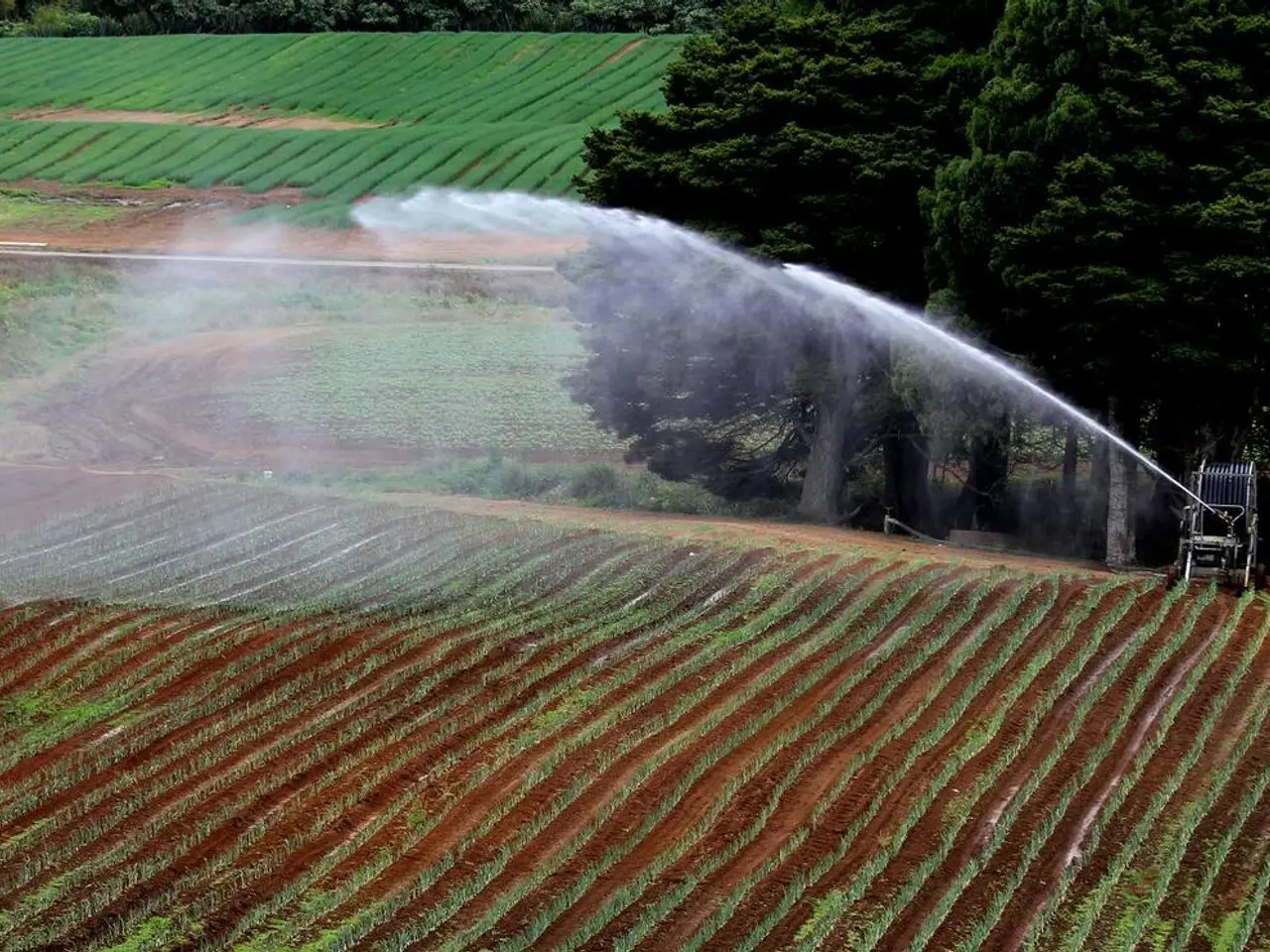Investment by CFM in energy plant converting Ivory Coast cocoa waste
A significant project, set to commence operations by 2029, is set to revolutionise the energy sector in Côte d'Ivoire. Financed by Climate Fund Managers (CFM) through their EU-backed Climate Investor Two fund and Société Des Énergies Nouvelles, the world's first grid-connected cocoa waste-to-energy power plant will be built in Divo, a major cocoa-producing region.
The innovative power plant aims to produce 550 gigawatt-hours of renewable electricity annually from 600,000 tonnes of agricultural waste, primarily cocoa shells, pods, off-grade beans, and rubber tree residues. This transformation of waste into a valuable renewable energy source is expected to drive rural income growth, support industrial development, and foster job creation in the agricultural and energy sectors.
The 76 MW plant will consume approximately 600,000 tonnes of cocoa-related biomass annually, contributing significantly to reducing reliance on fossil fuels. Côte d'Ivoire aims to achieve 45% renewable energy in its national mix by 2030, with biomass and solar making up 12% of that target. Thus, the plant plays a key role in the country’s strategy to lower carbon emissions and address climate change challenges.
Supporting evidence from comparable initiatives shows that using cocoa shells as biomass fuel can reduce greenhouse gas emissions substantially. For instance, Cargill’s use of cocoa shells to fuel biomass boilers reduces nearly 19,000 tonnes of greenhouse gases annually.
In addition to its environmental benefits, the new power plant is expected to provide an additional income stream for 1.4 million people and 36,000 cocoa farmers. This income is likely to stimulate economic growth and further job creation in the region.
Meanwhile, the UK-based organisation Pensions for Purpose has raised concerns over changes to the UK Stewardship Code 2026 by the Financial Reporting Council (FRC). Charlotte O'Leary, CEO of Pensions for Purpose, has criticised the updated Code, stating it no longer provides a meaningful framework for aligning capital with long-term impact.
The Climate Change Facility (CC Facility), run by Climate Policy Initiative and Convergence, with support from the Bill & Melinda Gates Foundation, Global Affairs Canada, and Australia's Department of Foreign Affairs and Trade, has provided $1.1m in funding and technical support to three high-impact initiatives in agriculture, manufacturing, and small business development across Africa and Asia. Barbara Buchner, CPI's global managing director, has expressed delight in collaborating with three new climate finance concepts, highlighting their potential to address under-financed sectors in countries struggling to meet their 2030 agenda objectives.
References: [1] Climate Fund Managers. (n.d.). Côte d'Ivoire cocoa waste-to-energy power plant. Retrieved from https://climatefundmanagers.net/project/cote-divo-cocoa-waste-to-energy-power-plant/ [2] Société Des Énergies Nouvelles. (n.d.). Société Des Énergies Nouvelles. Retrieved from https://www.seden.ci/ [3] Cargill. (n.d.). Cargill's cocoa waste-to-energy project. Retrieved from https://www.cargill.com/news/cargills-cocoa-waste-to-energy-project
- The innovative power plant in Côte d'Ivoire, funded by blended finance sources, aims to drive financial inclusion in the agricultural and energy sectors, fostering job creation and rural income growth by transforming cocoa waste into renewable energy.
- Biodiversity and environmental-science aspects are integrated into the project, as the power plant projects to reduce greenhouse gas emissions substantially, aligning with Côte d'Ivoire's strategy to lower carbon emissions and address climate change challenges.
- Science plays a crucial role in validating the environmental benefits of the cocoa waste-to-energy power plant, as evidence from projects like Cargill's use of cocoa shells in biomass fuel reduction of nearly 19,000 tonnes of greenhouse gases annually.
- The power plant, once operational, will provide an additional income stream for 1.4 million people and 36,000 cocoa farmers, further stimulating economic growth and potentially inspiring climate-change initiatives in the energy and industry sectors.
- Meanwhile, industry stakeholders, such as Pensions for Purpose, have raised concerns over changes to the UK Stewardship Code 2026, questioning its effectiveness in aligning capital with long-term impact.
- To support under-financed projects in agriculture, manufacturing, and small business development, the Climate Change Facility has provided funding and technical support to three high-impact initiatives in Africa and Asia, collaborating with innovators in the realm of blended finance.




